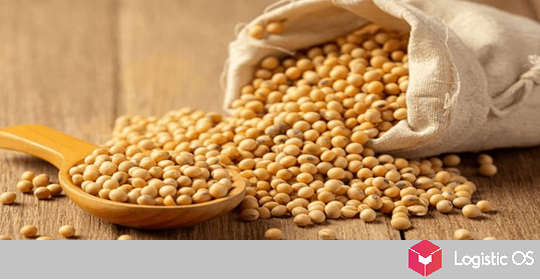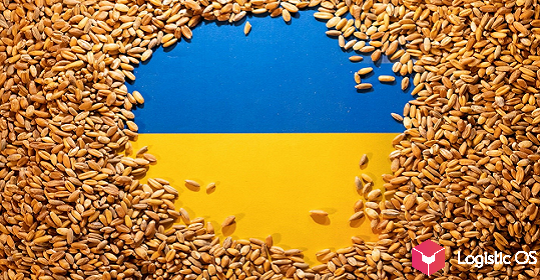Most likely, in the current season, cereal production in Russia will remain approximately at the level of last year.
Experts do not see any reason to expect a cereal deficit in Russia today.
However, an increase in its production is also unlikely. The reason is simple: Russian farmers have no motivation to increase the area under cereal crops. These include, in particular, buckwheat, millet and rice.
The main reason for this reluctance is that at the moment, cereal prices are at fairly low levels. Therefore, increasing the area under them would provide farmers with virtually no additional income.
In particular, regarding millet, it is expected that the area under this crop will remain at the level of last year. This is approximately 285 thousand hectares. A small increase to 300 thousand is possible, but it will not have a significant effect on the harvest volume.
There may be even more problems with buckwheat, since the price situation for this cereal is particularly negative, and agricultural producers do not see much point in spending resources on it.
As a result, the area under buckwheat is at risk of decreasing from 1.1 million hectares to 1 million. This is a drop of almost 10%, so it is very significant, especially if the trend continues.
Buckwheat production is also risky due to the fact that the final product is practically not in demand abroad, while the domestic market is quite saturated due to last year’s high harvest, experts note.
At the same time, they add: last year’s high harvest also led to the fact that it has not been sold out yet, there are large carryover stocks.
This means that even if this year’s buckwheat harvest is less than last year, this should not cause a deficit. Therefore, there is no reason to expect price increases either.
As for rice, everything is quite stable with it. This year, the area under this crop will be about 215 thousand hectares. Producers are not currently planning to increase or decrease sowing.
At the same time, rice growers also face the problem of storing the remains. In Krasnodar Krai alone, there are about 300 thousand tons of them, analysts emphasize.
At the same time, the price of rice is currently falling. A year ago, it cost about 42 rubles per kilogram, and now it is about 25 rubles.
If this trend continues, farmers will almost inevitably think about reducing the sowing area, since the profitability of production is declining.

